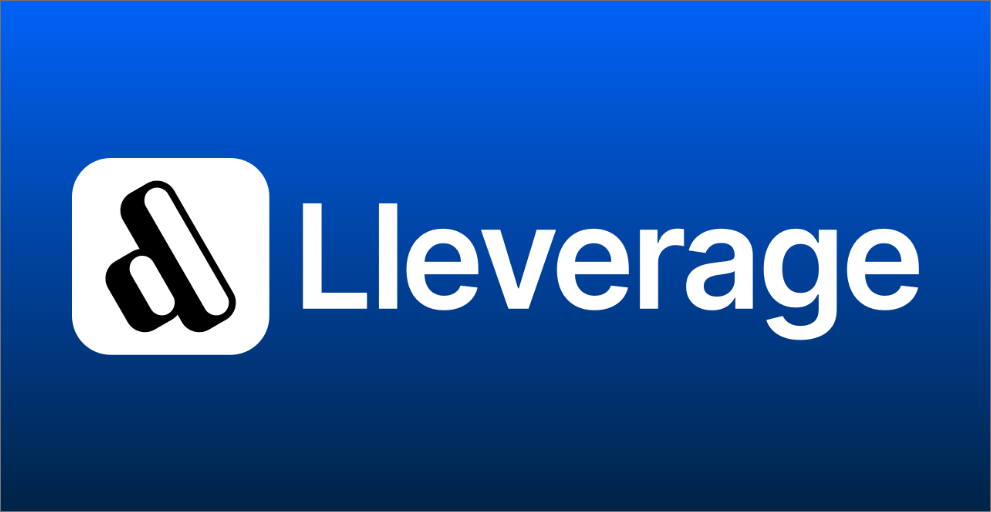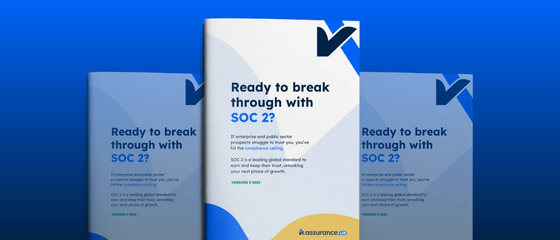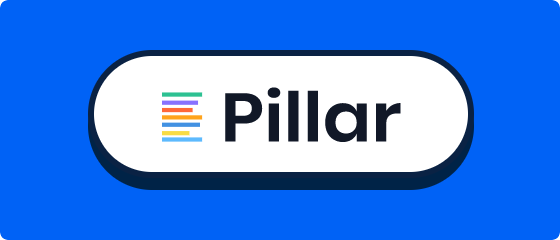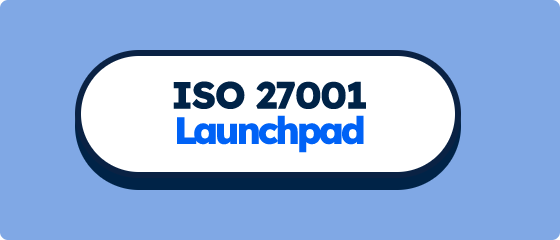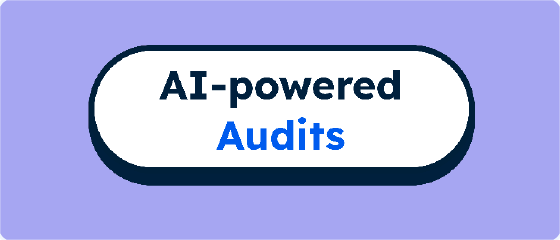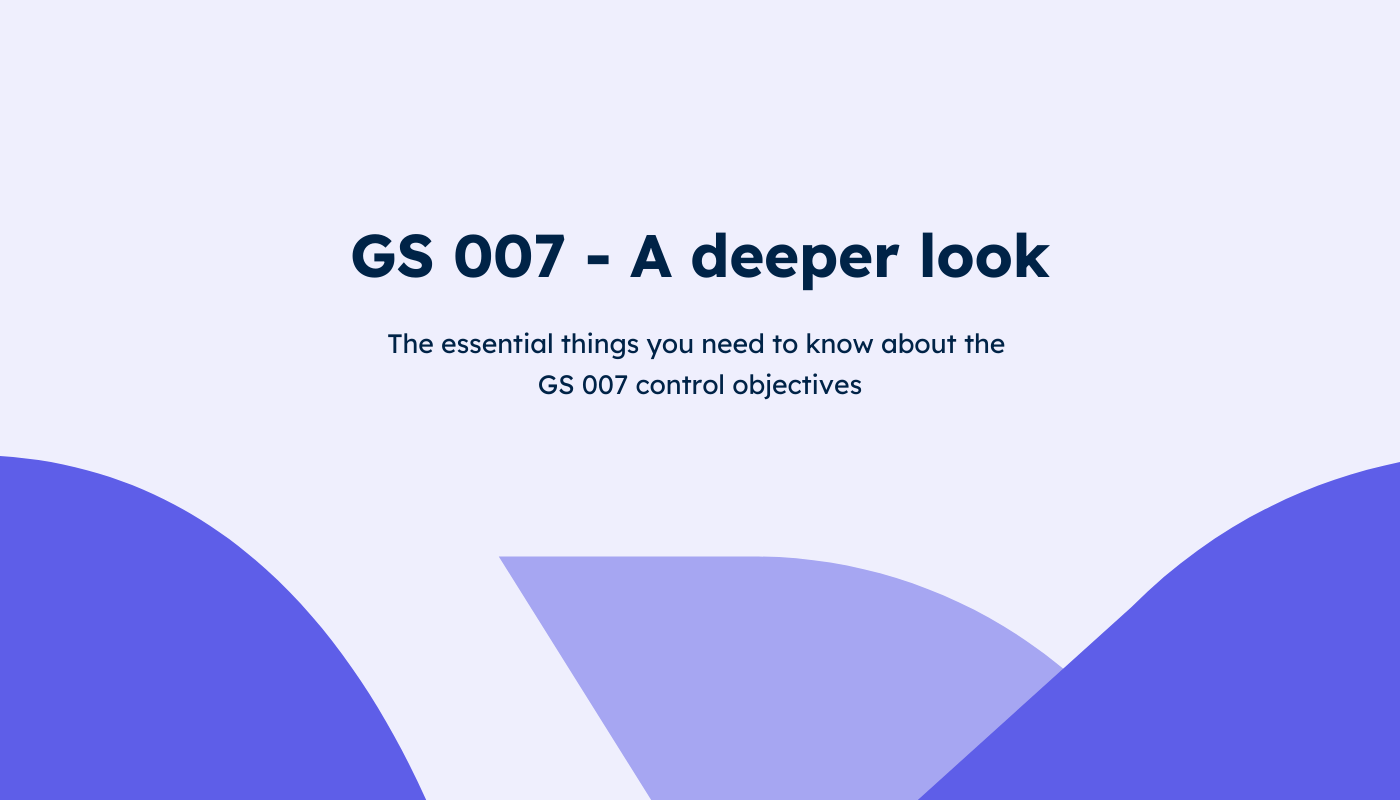-
Company
-
Audits
-
Apps
-
Resources
About us →
Who we are, what we do and why?
Our Partners →
Connect with our great partner network for additional services and holistic value
Open Roles →
Want to work with exciting, high-growth clients, on audits that matter?
Case Studies →
Read about why clients trust us as their auditors
Trust Centre →
Learn more about our own security compliance program
SOC 1 →
Prove the integrity of your systems for supporting financial reporting data
SOC 2 →
Demonstrate the security of your system and organisational controls
ISO 27001 →
Certify your information security management system (ISMS)
ISO 42001 →
Certify your artificial intelligence management system (AIMS)
CSA STAR →
Demonstrate best-practice cloud security controls with CSA STAR Level 2 certification
Privacy Compliance →
Demonstrate your privacy compliance; GDPR, CCPA, ISO 27701 and more
Consumer Data Right →
Achieve accreditation for the CDR with an assurance report covering Schedule
HIPAA →
Demonstrate compliance with the HIPAA regulation for enterprise healthcare customers
Asset Management →
Build trust with institutional investors through GS 007 reporting
Sustainability Reporting →
Improve and report on your environmental, social and governance impact
Knowledge Base →
Our searchable guidance with answers to common questions
Compare Standards →
Compare the leading standards to see which is best for you
Best Practice Series →
The why and how-to-guides for InfoSec best practices
Case Studies →
Practical tips, insights and the user experience of our clients
Blogs →
Simple guides, industry updates and thought leadership on audits and compliance
Comprehensive SOC 2 Guide →
The gold standard when earning the trust of your dream customers.
CXO Guide →
Our complete CXO guide on security and compliance
CDR How-to Guides →
Complete guides on the information security requirements of the CDR
CDR AWS Security White Paper →
Complete guide on CDR AWS Security
CDR Google Security White Paper →
Complete guide on CDR Google Security
